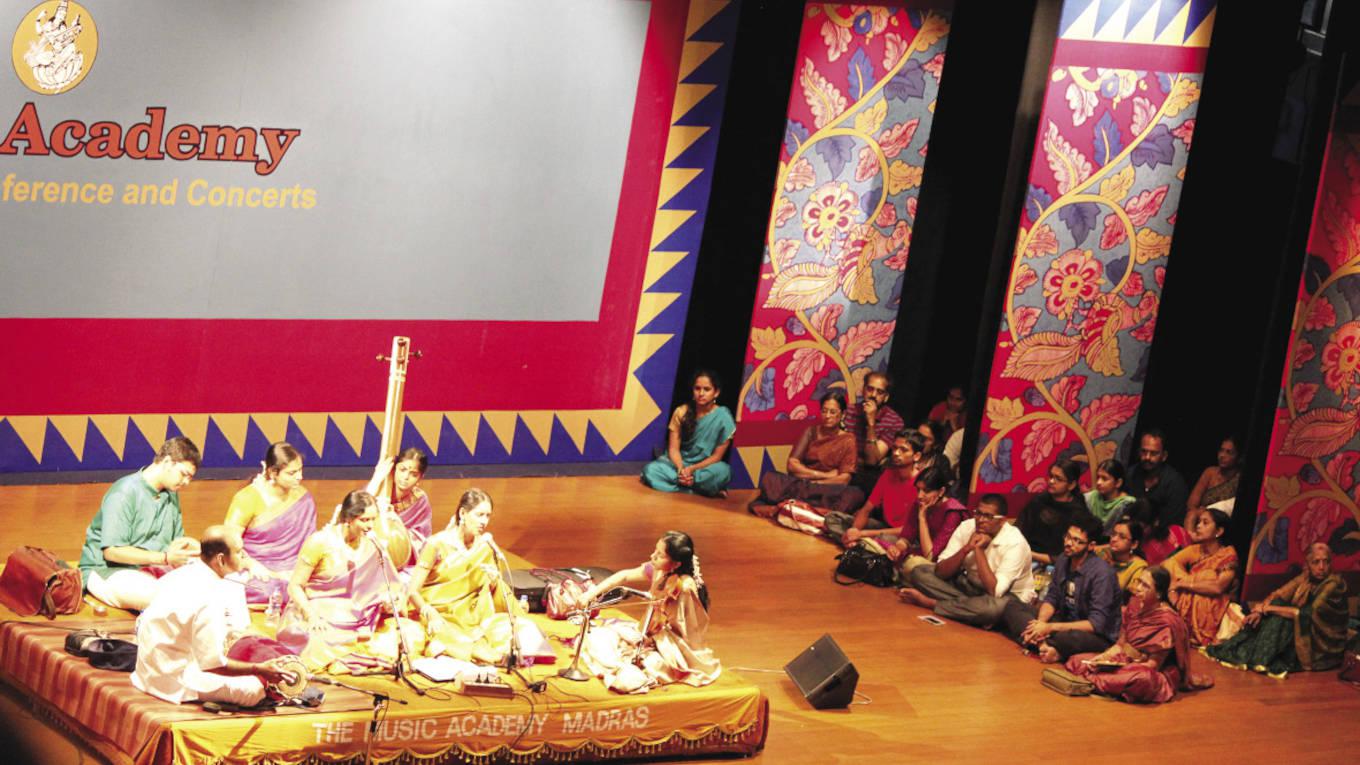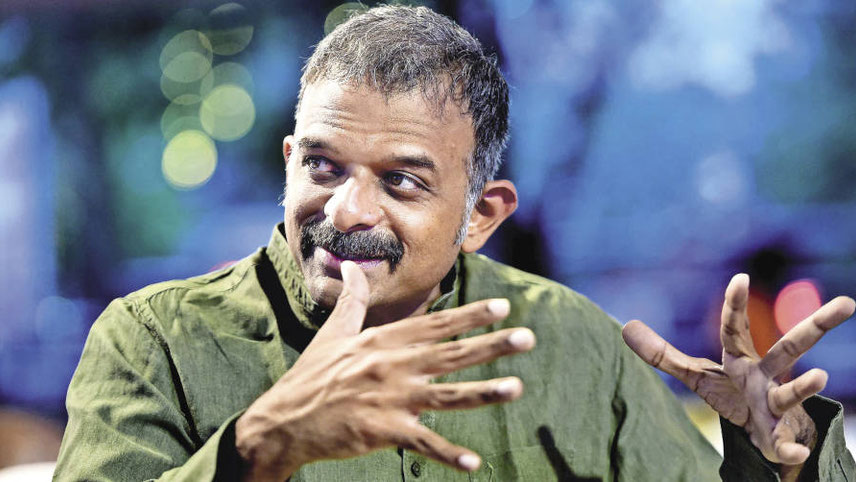Chennai, considered the Mecca of Carnatic music, is getting hotter by the day. And the heat is turning out to be intense for The Music Academy too. It is really proving to be a summer of discomfort for the Academy, a premier cultural institution in the city of Chennai. This hallowed institution has, for several years, been viewed as the sanctum sanctorum of Carnatic music, a traditional form of music practised widely in the southern part of the country. All of a sudden, the Academy – which is inching towards a century – finds itself caught in a pincer-like situation. The Academy holds music conferences every year. The annual music conference begins on 15 December and lasts till the end of month. On 1 January every year, it holds a sadas (gathering). Though the name of awardee is announced months before the annual conference in December, it is a time-tested practice to confer the Sangita Kalanidhi title – which is an Oscar equivalent in Carnatic music – to the awardee during the sadas. This time around, the Academy has chosen maverick musician T.M. Krishna for the Sangita Kalanidhi title. An author, activist and a talented singer, T.M. Krishna is also a winner of the prestigious Magsaysay award. He never hesitates to speak his mind. And, his left-liberal views have endeared him to a newer set of fan constituencies, which stretches beyond the traditional Carnatic music lovers. Somewhere along his illustrious musical journey, T.M. Krishna has chosen to become a self-styled crusader, who is on a mission to eradicate the alleged casteist bias at all levels – practising, performing and conducting – Carnatic music. Why should music be of a particular community (read Brahmins)? Why should it be out of reach for others in the society? That has been his refrain. The inference is that he wants Carnatic music to be democratised and be accessible to all. T.M. Krishna has been unhesitating in accusing the Carnatic music community as a whole of perpetrating an ecosystem that fosters caste discrimination. He has been unsparing in his accusation. Several seasons ago, he was the first among the contemporary Carnatic musicians to raise a banner of revolt against The Music Academy. Virulent in his attack, he came down heavily on the Academy for its narrow, discriminatory and moribund ways. He castigated the Academy for its Brahminical orthodoxy and gender/caste bias and even took a vow that he would never sing for the Academy. It has been several seasons since he last sang for the Academy. His caste twist to Carnatic music and liberal views on Hindu gods haven’t really gone well with a significant section of the Carnatic music fraternity, which believes that this art form is bhakthi-oriented. Notes of discord The Academy’s decision to confer the Oscar-equivalent Sangita Kalanidhi title on T.M. Krishna must be read in the context of his rather audacious takes on the Carnatic music community. The Academy’s decision to honour a rebel with its iconic title has drawn widespread anger. Talented sister-duo Ranjani & Gayatri (who are class vocalists and good violinists) was the first to protest against the award of Sangita Kalanidhi for T.M. Krishna. The RaGa sisters, as they are popularly known, have since withdrawn from performing at the upcoming music conference of the Academy in December. Vocalist Trichur brothers, too, have announced their withdrawal. Senior artist Chitraveena Ravikiran has even returned the Sangita Kalanidhi award.
-

Krishna has vilified the Carnatic music fraternity, blame Ranjani & Gayatri; Photo: Sudha Jagannathan


































